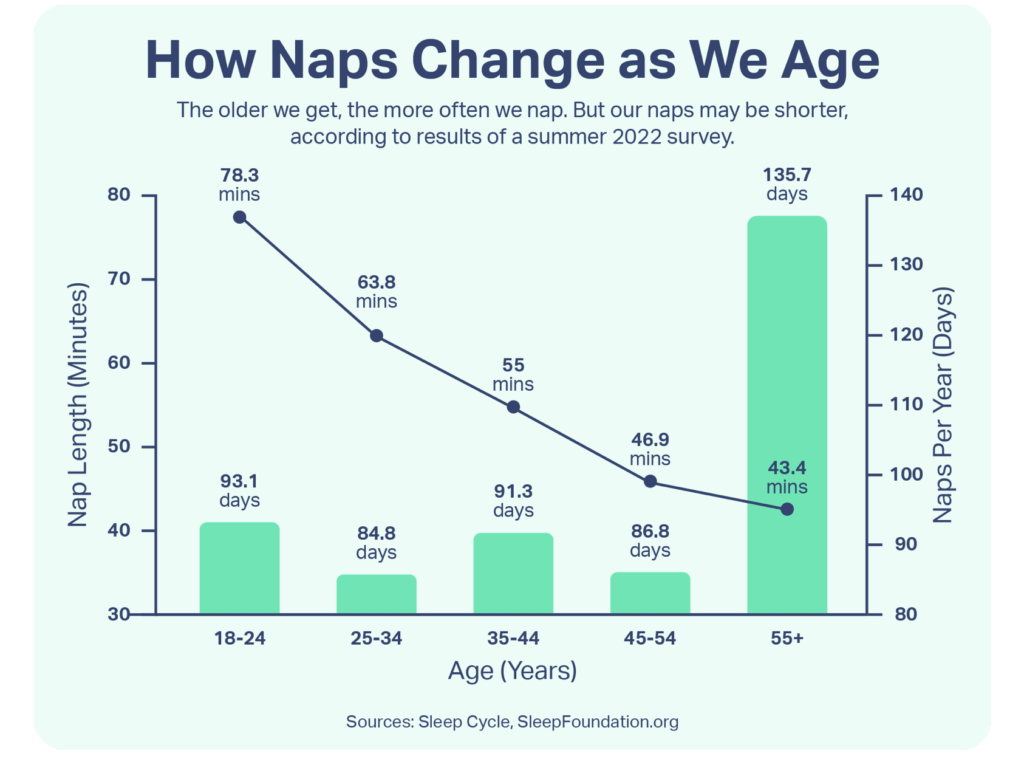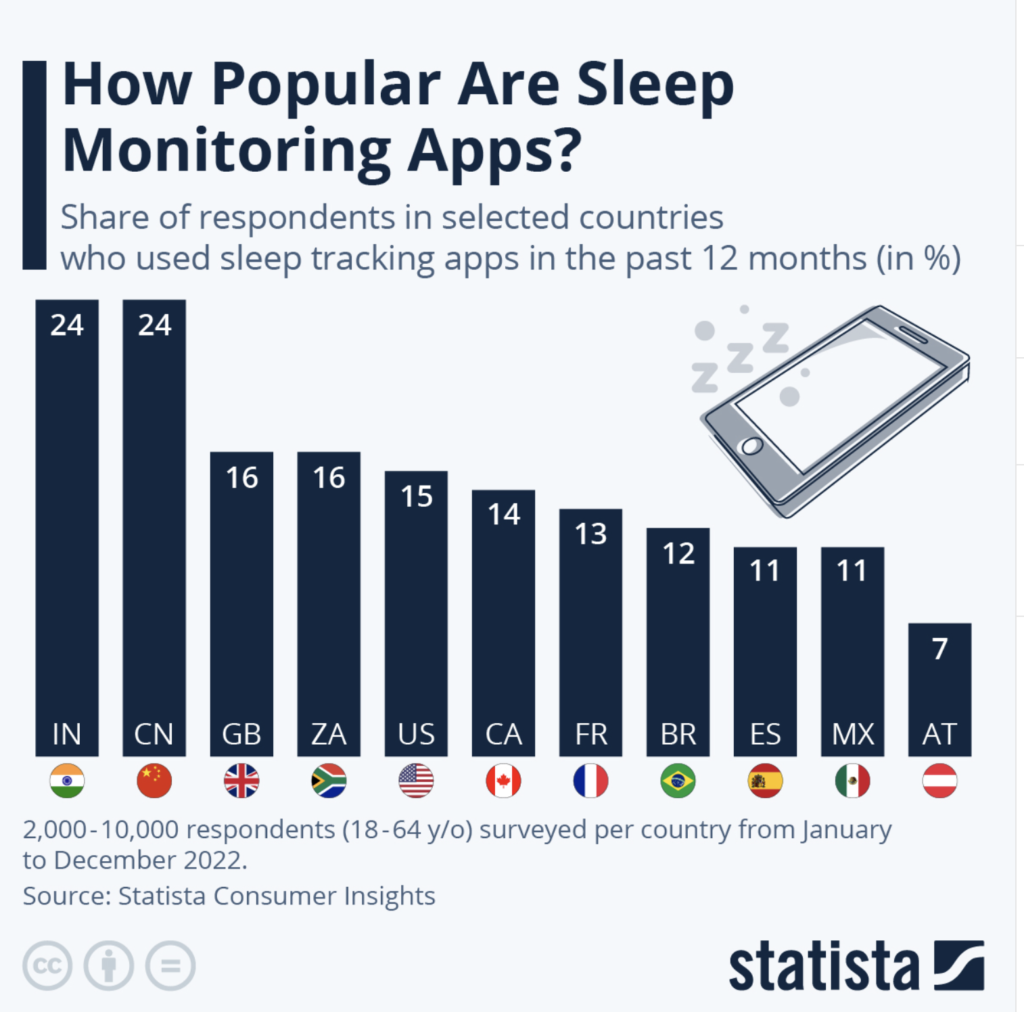
Sleep Apps: The Ultimate Guide
Sleep better than ever with this expert guide on choosing the best sleep apps for you – unlock the key to improved sleep today.
There she was, another busy morning in the bustling metro, sipping her coffee and trying to shake off the lingering grogginess from yet another restless night. Like many of us, *Neha, a 32-year-old working professional, struggled to get enough sleep, leaving her cranky and exhausted throughout the day. But little did she know that a small addition to her nighttime routine could be the key to transforming her sleep experience.

What is a Sleep App?
Enter sleep apps, the modern solution to our age-old quest for a good night’s sleep. At their core, sleep apps are digital tools designed to help you monitor, understand, and improve your sleep patterns. They employ features like white noise generators, meditation guides, and sleep trackers to provide a personalized sleep-enhancing experience.
The Science Behind Sleep Apps
So, how do these apps work their magic? They primarily rely on your smartphone’s built-in sensors or wearables to track your sleep patterns, such as your movements, heart rate, and surrounding noise levels. The data collected is then used to generate insights, recommendations, and soothing sounds to help you drift off, stay asleep, and wake up at the optimal time.
Different Stages of Sleep
To get the most out of a sleep app, it’s essential to understand the different sleep stages:
Stage 1 – Light Sleep: The transition phase between wakefulness and sleep, lasting for a few minutes. Your body starts to relax, and your brain activity slows down.
Stage 2 – Deeper Sleep: This stage accounts for about 50% of your sleep. Your body temperature drops and your heart rate slows as you prepare for deep sleep.
Stage 3 – Deep Sleep: During this restorative phase, your body repairs and regenerates tissue, builds bone and muscle, and strengthens your immune system.
REM Sleep: Rapid Eye Movement (REM) sleep is when your brain is most active, and vivid dreams occur. This stage is crucial for memory consolidation and learning.

Choosing the Perfect Sleep App: Factors to Consider
With countless sleep apps available, choosing the right one can be overwhelming. Here are some factors to consider when selecting a sleep app that meets your needs:
- Features: Evaluate the functionalities offered by the app, such as sleep tracking, guided meditation, breathing exercises, or bedtime stories. Consider what aspects of your sleep you’d like to improve and choose an app that caters to those needs.
- Compatibility: Ensure the app is compatible with your smartphone or wearable device and can integrate with other health and wellness apps you may already use.
- User Interface: A user-friendly interface is crucial for easy navigation and a seamless experience. Look for apps with intuitive designs and customizable settings.
- Reviews and Ratings: Read user reviews and check ratings to gauge the app’s effectiveness and reliability.
- Cost: While many sleep apps offer free basic features, some require a subscription for premium content. Assess whether the cost justifies the benefits provided.
One such app that has garnered rave reviews is “Calm,” which offers a variety of sleep stories, guided meditations, and relaxing sounds. Neha decided to give it a try, and within weeks, she noticed a significant improvement in her sleep quality.
But what if you’re still not getting enough sleep despite using a sleep app? Sleep experts recommend maintaining a consistent sleep schedule, creating a calming bedtime routine, and making your sleep environment as comfortable as possible.
Unlocking the Power of Sleep: No-Cost Alternatives to Sleep Apps
Sleep apps are undoubtedly a popular solution for those seeking a restful night. Still, it’s essential not to overlook the wealth of free options available to help you catch those elusive Z’s. Heartfulness meditation, a heart-centred mindfulness practice, can work wonders in soothing your mind and prepping your body for a rejuvenating slumber. Yoga, too, offers numerous benefits, releasing built-up tension and fostering relaxation. A quick search on YouTube will yield a plethora of free yoga sessions tailored to various skill levels and specific objectives, such as easing stress or improving sleep.
Another free and effective strategy is to unwind with calming music or engage with sleep stories crafted especially for adults. YouTube is a veritable goldmine of complimentary sleep-enhancing content, encompassing tranquil melodies and enchanting stories narrated by gentle voices. Yoga Nidra, a guided meditation technique that fosters profound relaxation, is another powerful tool to incorporate into your bedtime arsenal. With plenty of free online resources, you can effortlessly curate your personalized sleep toolkit without breaking the bank.
By integrating these no-cost alternatives into your nightly routine, you’ll be well-equipped to sail smoothly into the realm of restorative sleep, leaving you refreshed and ready to tackle whatever the new day brings.
In conclusion, sleep apps can be a valuable ally in our pursuit of better sleep and overall well-being. While there is no one-size-fits-all solution, evaluating and choosing the right app can lead to noticeable improvements in your sleep experience. So, the next time you struggle to catch some Zs, remember that help is just a few taps away. Rest easy, and let technology guide you into the arms of Morpheus.



